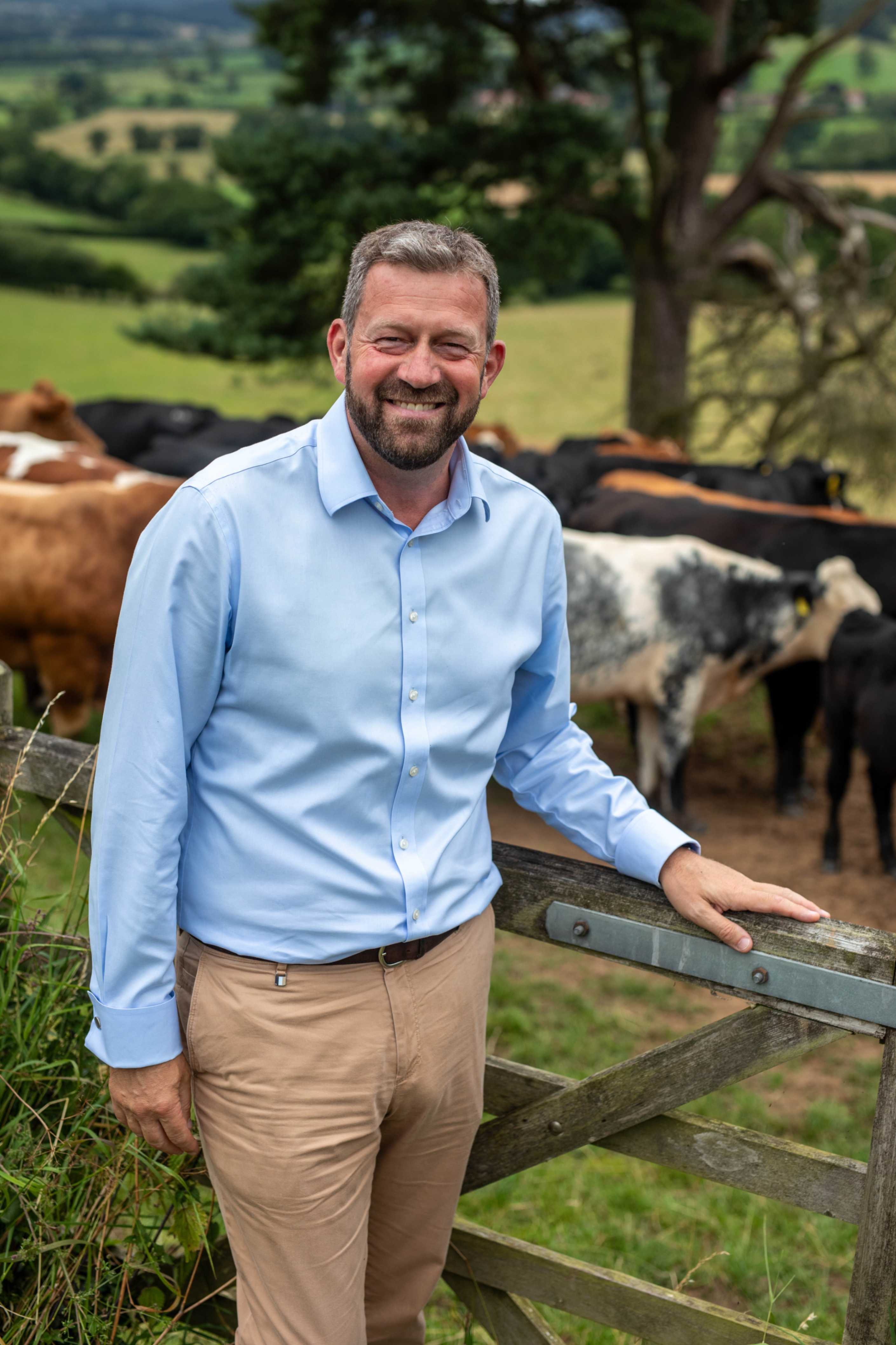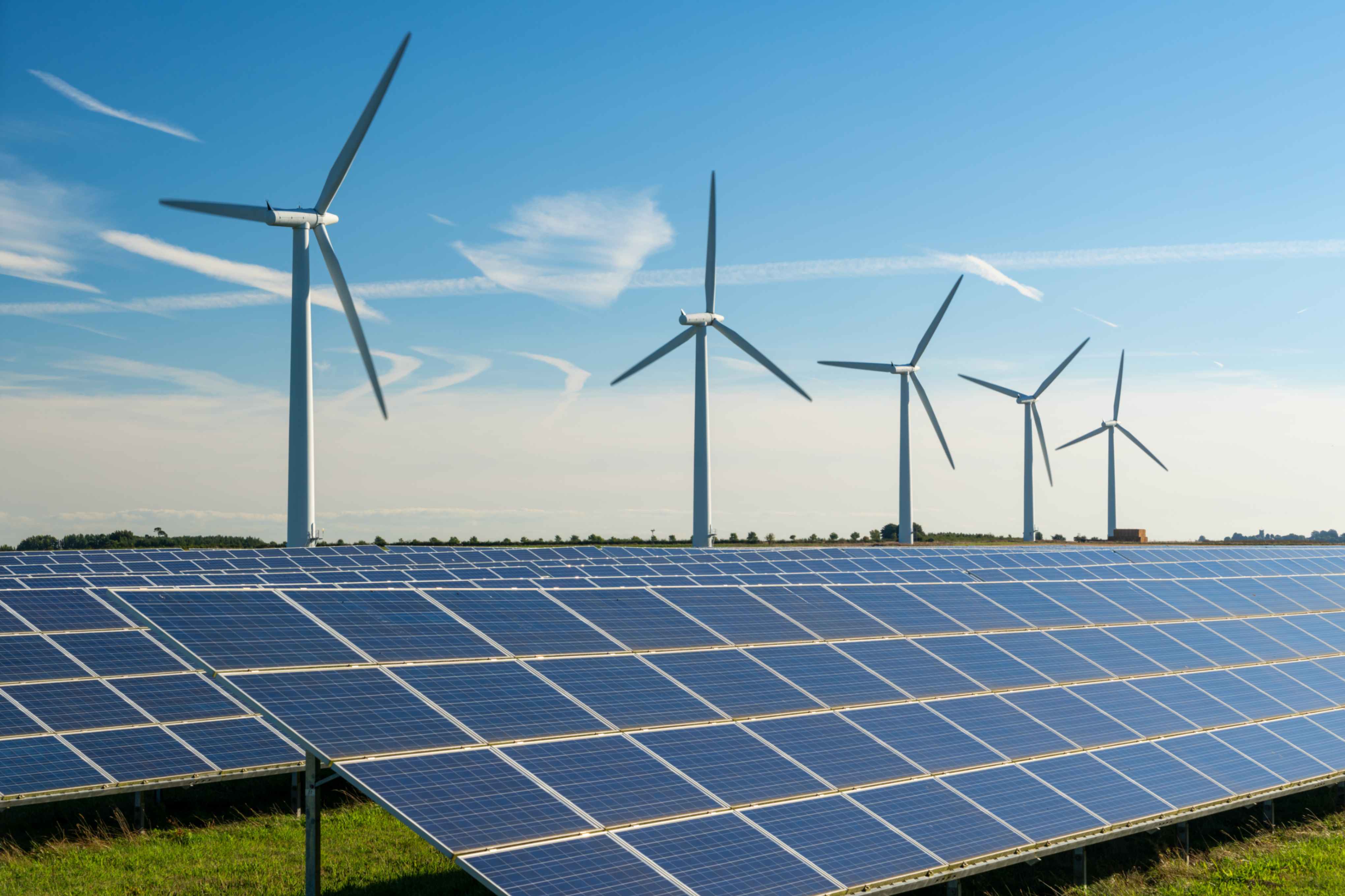What a Labour government means for the countryside
How will Keir Starmer’s policies impact food, grant funding for farming, the environment, housebuilding and renewable energy?
3 minutes to read
Talk to anyone on our team, and the question they are being asked the most is: “What does the result of the general election mean for me?”
Our rural property experts share their views on what influence the election of a Labour government will have on the countryside.
Farming and food security
Simon Britton, Head of Agri-Consultancy, says it is positive that Steve Reed, the minister responsible for rural affairs, has included boosting food security in the top five priorities he wants Defra to focus on; this suggests the new Labour government is taking farming seriously.
The current Environmental Land Management Scheme (ELMS) grants offer some really exciting opportunities to farm in a profitable and nature-friendly way. But, it is a bit worrying that the new government hasn’t yet committed to maintaining the budgets for these schemes.

Simon Britton, who leads our Agri-Business team, advising clients across the UK on the running of successful farming enterprises.
Nature Finance
Along with possible cuts to environmental payments, there is also a lack of clarity around how Labour plans to encourage the market for nature-based solutions.
“Since the election, there have been no detailed policy announcements around nature-based solutions or biodiversity targets,” agrees James Shepherd, one of our natural capital experts.
However, he is still optimistic. “Steve Reed’s five key priorities are heavily focused on the environment. This suggests there is unlikely to be any backtracking on high-profile schemes like biodiversity net gain.”
“I believe the UK will still be seen as a leader in the provision of high-integrity carbon and biodiversity credits with more nature recovery, tree-planting and peatland restoration opportunities set to emerge for farmers and estate owners,” he adds.
Renewable energy
Talking to Chris Monkhouse of our Renewable Energy department, there seems little doubt that we will see more wind turbines and solar parks built during the lifetime of the new Labour government.

All change; we’ll now be seeing an increasing number of onshore wind farms.
The last government was pretty lukewarm about onshore renewable energy but Ed Miliband, the Energy Security and Net Zero minister, already approved three very large solar farms in the East of England just weeks after the general election.
“There will definitely be lots more opportunities for landowners who are interested in renting out their land to renewable generators.”
Housebuilding
Building 1.5 million houses over the next five years is one of Labour’s flagship policies, and its proposed changes to the National Planning Policy Framework (NPPF) illustrate its determination to make this happen, even if that means building on the green belt. This is both an opportunity and a threat.
A revised housing method is likely to put additional pressure on Local Authorities to identify new land for development, and we anticipate many opportunities will emerge which had previously been discounted.
The LURA 2023 provides the context for compulsory purchase without hope value in the national interest, such as for the provision of affordable homes. Compulsory purchase powers will also exist within Development Corporations, to be established for the delivery of new towns. We are expecting up to 12 new towns, each of over 10,000 homes, to be announced. Whilst this is a threat, there will be a reticence to use compulsory purchase powers in most instances.
As Charlie Dugdale of our Residential Development team points out: “There will be opportunities everywhere, but viability is not a foregone conclusion, and landowners should tread very carefully before committing land or capital into projects.”
To find out more about what the new government may mean for the countryside and rural businesses, download the The Rural Report, or request a printed copy below.
Access full report